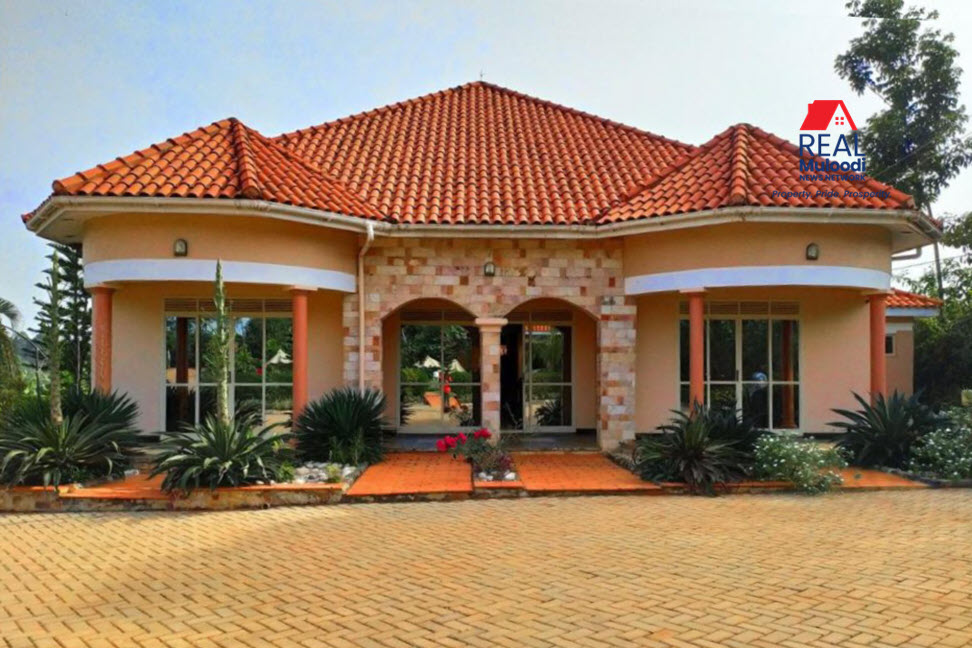UGANDA, Kampala | Real Muloodi News | According to the Uganda Bureau of Statistics, in 2020, Uganda’s population was nearly 46 million people, of whom 27% were urban residents. They predicted urban households to grow from 2.9 million in 2020 to 3.8 million in 2025, with an increase of 180,000 housing units needed by 2025 to accommodate the growing population.
As an emerging economy, Uganda is currently grappling with the problem of proper housing to meet the ever-increasing demand because of the fast increasing population and growth rates in its urban centres. More people are migrating from the rural areas in search of better opportunities in their towns and cities.
According to research from the Uganda Bureau of Statistics on Uganda’s construction and rental activities, Ugandans are growing at a rate of 3.6% per year, giving Uganda the third highest population growth rate in Africa.
Uganda needs an orderly response to rapid urbanisation, which expects to grow at 5.6% per annum. That would be an affordable housing supply.
However, the widening economic gap between the poor and the wealthy is one of the major factors hindering the proper take-off of Uganda’s housing sector in urban areas, with over 60% of the population in urban areas living in slums.
Abdul Kyanika, the Manager of Housing Business Retail and Microfinance Centenary Bank, asserts that relatively high costs and indecent homes have led low-income earners to settle in substandard housing. The mortgage loans and solutions available that cushion those looking to construct decent housing barely cater for these individuals, and the cycle of poor housing continues.
However, affordable housing loans are pretty ideal since most Ugandans looking to venture into real estate need solutions that will ultimately foster the rise of proper housing in the country.
Microfinance can start right from the land surveying process, land acquisition, and the construction of houses, apartments, and commercial buildings. Several financial institutions have sought to offer affordable solutions aimed at promoting a better housing plan.
Mr Abdul Kyanika adds that Centenary Bank offers Ugandans affordable housing loans from financial entities like Cente Home Loan, Cente Land Loan, Cente Housing Loan, and Cente Home Improvement Loan, making the land acquisition and construction run smoothly throughout the completion of the housing project and maintenance.
“These micro-housing loans offer beneficiaries between Ugx 100,000 to Ugx 50M that can be used for various purposes and paid back over a period of between three months to five years depending on the amount required, repayment capacity, and collateral pledged by the client,” adds Abdul.
The availability of such affordable loans boosts the capacity of local development and construction in the long run.
“Smart cities are a vision most city authorities envision. This will come to light only if the financial burden of actualising it is lifted off the shoulders of the citizens trying to make ends meet. It is no doubt that most Ugandans opt to construct only when they have accumulated a certain amount of money. The knowledge of affordable finance for home construction is one that will be sounded countless times until they fully embraced its concept,” suggests Abdul.
Mr Abdul Kyanika further establishes that through awareness programs and campaigns, eventually, the dream of smart and decent housing will soon become a reality. Until most Ugandans understand the importance of housing loans, decent housing will remain within the confines of the wealthy.
If you have real estate related news that you would like featured on Real Muloodi News Network, contact us via email at support@realmuloodi.co.ug
READ MORE LIKE THIS:



